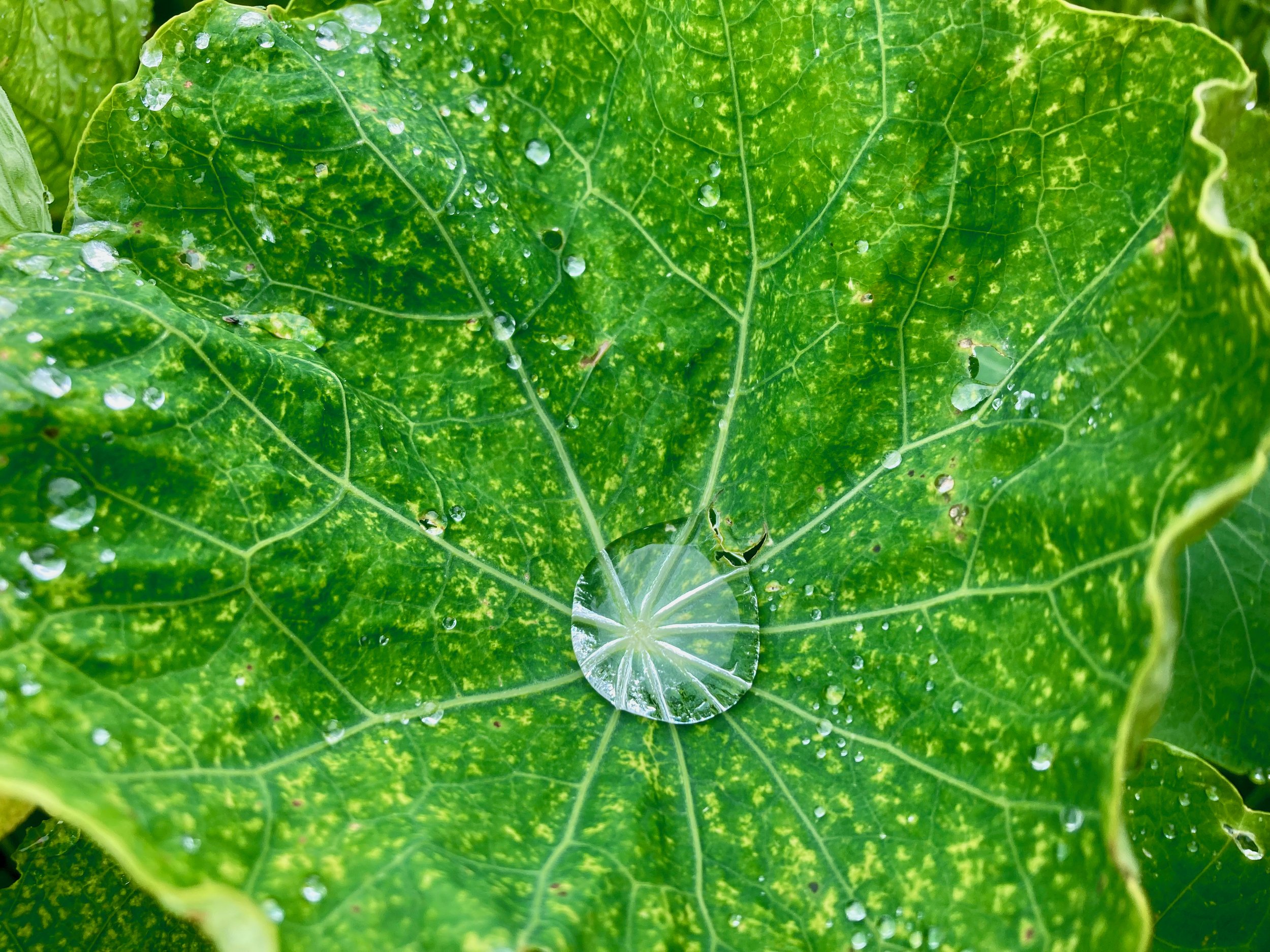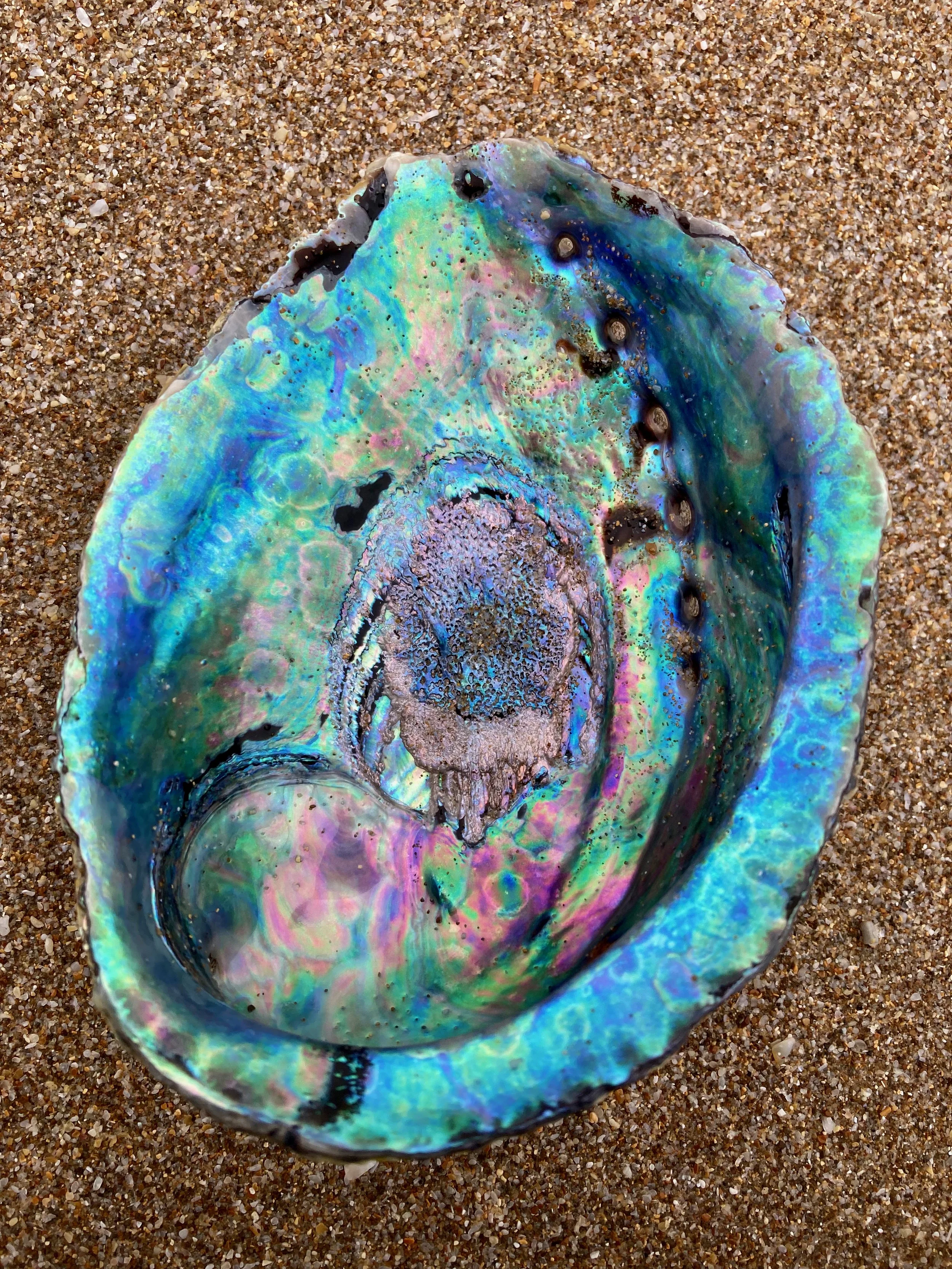Quarantine and Isolation
Two and a half years ago, before tests, before PCRs and RATs, I fled my family at the first bout of sneezing and chills, fled to the forest, afraid of what had begun and afraid to drag others down with me. I passed my days in solitude, soon realizing I had overreacted to a little spring allergies, but unable to undo the process I had put in place when I called the hospital where I worked with upper respiratory symptoms and chills in the midst of a new pandemic. It was an abrupt downshift from a frenetic life to a contemplative one. Though I felt guilty for the burdens I shifted onto others, I was deeply grateful for the brief reprieve, for the time I spent in the company of those trees and their inhabitants.
This week, on the other side of the world, I set about testing to prove I had just another cold, only to find I was just another case. I retreated to isolation and found a similar pattern of life emerging, though the shift was less abrupt, my symptoms more debilitating, and my germs more certain. Instead of solitude in the woods by the lake, I floated above the life of my family as they carried on below and brought me sustenance and the light of their laughter. My companions this time have been the wary oystercatchers, the ever-searching gulls, the seal pup so exhausted I mistook it for dead on my daily walk.
In that quarantine two and a half years ago I wrote one of my first poems. This week I wrote another, and I still think of it as one of my first poems. I hope there are more ahead than there are behind. These two poems provide not a beginning and end but, a pair of bookends, surrounding an experience, a period of existence, a pandemic that has not relinquished its ability to unravel our best laid plans and remind us how much we need each other.
Quarantine
The only germs here are my own.
My coughs endanger no one, unless
this hornet berating the glass
is susceptible. If I let it out,
will it unleash an epidemic
on the local hive?
I open the window.
Before quarantine, I would have washed my hands,
sanitized whatever residue
the window handle harbored from other
insect emancipators.
Before, every contact pulsed with
hidden menace.
Every doorknob or elevator button in the
hospital felt perilous.
Every colleague, neighbor, patient, mother,
may carry death on their breath.
Or, I could be the vector of disease.
When I fled from my family
at the first rack of chills and sneezing,
my makeshift mask in place, I dared not
linger, mindful that my wake might be
shimmering with virus. But how was I
to know my daughter, huddled with her brother
in my wife’s arms at the other end
of the hall, would proudly hold up
her origami dinosaur?
The fading light reminds me it’s
probably time for dinner. The single plate
I use for each meal waits patiently
in the sink, unconcerned by its filth,
as I admire the trees—surely more green
than yesterday, each future leaf
erupting with the fervent green of spring.
I forgot my watch at home, but
it hardly matters.
The time will pass, whether I mark it
or not, plodding toward whatever fate
awaits. Either the virus is already
replicating in my cells, exploiting
the very machinery of my life
in service of reproduction, or I
will return to routine, reenter the
rushing river of pandemic, changed
only by having passed these few days
in precious solitude.
Isolation
The virus entered my body
at an unknown moment, unseen,
undetected on that infective breath.
The virus declared its presence quietly at first,
with the proliferating production of mucus,
before it unleashed a sequence of
chills and headache and racking cough and
heartburn so severe it could only be endured
by pacing the floor.
This time, unlike all the times before,
even the day before,
a second band appeared, almost instantaneously, almost as
the pink edge of sample fluid wicked its way
past the dreaded T, a darker band even than the C,
leaving no doubt, and yet
I felt obligated to wait
the prescribed fifteen minutes,
as if the virus would go,
as if it would vacate my cells,
before I picked up my phone to begin
cancelling a week of my life.
Instead it was I who vacated, I
who gathered my toothbrush and
a box of tissues and a water bottle and my laptop and a stack of books and
a bottle of acetaminophen and my ukulele and retreated
upstairs to the vacant bedroom.
After two and half years of caution and vigilance,
two and a half years of doctoring through wave
after wave of this pandemic, I joined the ranks
of the infected, the least exclusive club
on the planet. But I am fortunate—
buttressed by immunizations, I suffer
but do not succumb. I am borne on
breakers of symptoms—the hair-trigger
cough, the fountains of
snot, the hollow ache in the pit
of my stomach. I am suspended
above the flurry of family life in my
haze of expectorated germs, aware of
the abatement of force in each passing wave, awaiting
the next repercussion, sustained
by the food made by my wife, delivered to my bedroom door
by my daughter, with each meal washed up by my son.
And so I sit
on the deck in the afternoon,
shaded by the tin roof
above, and listen to
my wife and daughter plan
and plant our spring garden
in the soil below.
And I put on my mask and go
down the stairs
and down the path
to wade in the sea
so that when my feet emerge
in the morning light
I can feel
the warmth of the sun in my
sand-scattered toes,
grateful
to have caught this
wall of water
just as it reached out
to place its frothy kiss
upon the shore

